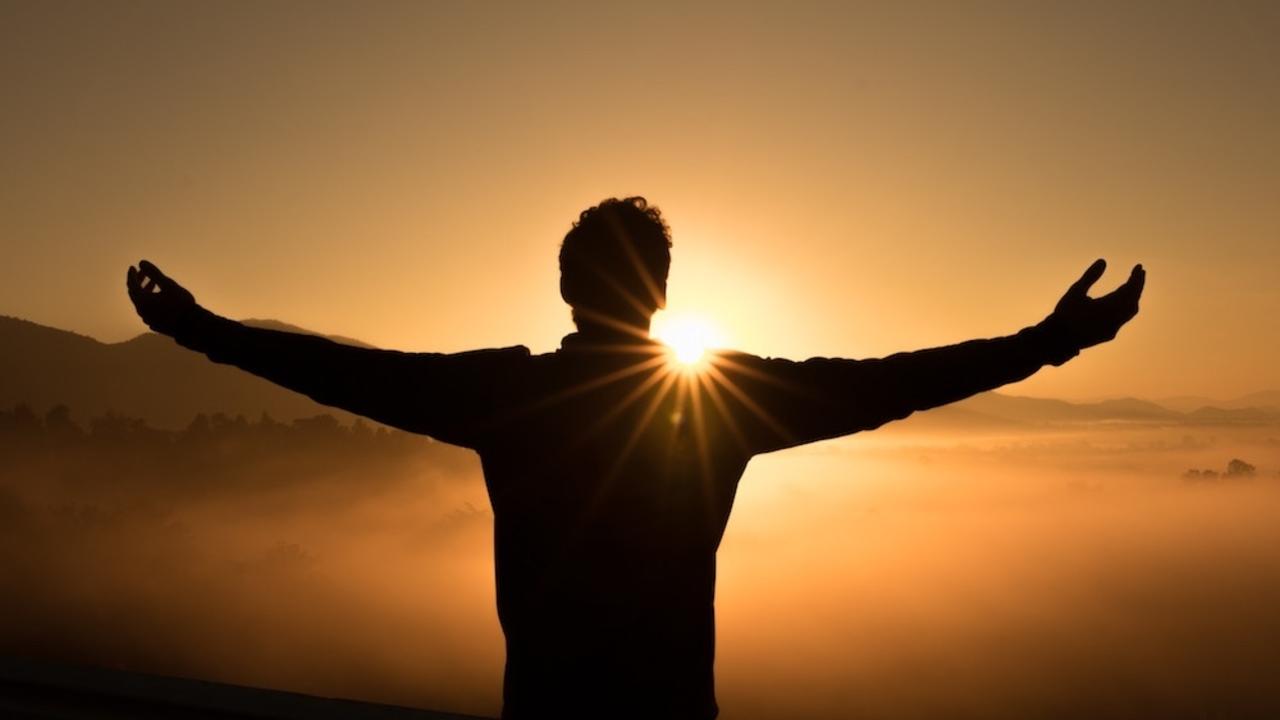Authenticity and confidence
Apr 08, 2019
Two words I often hear when I am coaching people or working with senior leadership teams are: "authenticity" and "confidence". I have my own opinions about what I think these words really mean, however, it's fascinating the dynamic that often unfolds between these two terms.
Authenticity and brand, confidence and disclosure
At the heart of the concept of authenticity lies the dialectic or tension between "real", "authentic", "true" and "pretend", "fake", hoax" which raises an interesting question: how do we know what is "real" and what is not? Particularly when in our commercial culture, authenticity is a "brand": do you wear an authentic Tag Heuer or is it a cheap fake from Thailand? Do you wear an authentic leadership brand: Education = MBA, Title = CEO, MBTI = ESTJ, Institution = Mt. Eliza, etc. or is your qualification from an "online" program? Of course, these are all stereotypical, subjective ideas. The problem is, the list of "brands" goes on and on, all competing within the marketplace for our attention and custom. Are any of them, truly authentic?
At the heart of the word confidence is the concept of confiding or revealing a secret to someone which requires open-ness, trust and vulnerability. Do we confide the secret of ourselves in others? Or do we keep the secret of ourselves to ourselves, and instead, project an idea, a shadow on the wall of a cave, a brand?
As you can see, authenticity and confidence live in the same neighbourhood. Perhaps their connection can best be summed up by these three questions: "What do you share of yourself?", "What do you withhold of yourself?", and "Why?". These are the very same questions we ask leaders in our Leadership Coaching programs. Not surprisingly, junior leaders have far more confidence to share themselves more authentically than senior leaders. Just stop and think about that. Junior leaders share more of themselves, more authentically than their senior counterparts, yet, they often believe that they don't have the confidence to become a senior leader. Interesting confusion, isn't it?
Performance and potential
At the heart of all of this are the two forces of performance and potential. Our potential is determined by our performance in any moment and our performance in any moment is determined by our potential, and often (unfortunately) by our perceptions of our potential. The ecology of our being is comprised of our cognitions (thinking and thoughts), our feelings and our deeper beliefs and values on the inside and our actions, communications and movement on the outside. All of these elements interact with each other in an ecology as we walk the path of potential: the path that leads to our dreams, our strengths, our capabilities and all that lies beyond even this.
Confidence, courage and the EDGE
What is interesting about confidence is that most people think that confidence is about confidence. I say not so. I think that confidence is usually about something else. It's a convenient word to hang a wide variety of thoughts, feelings and behaviours on. I think in fact, that for many people, it's less about confidence, and more about the courage to take action in stressful, pressurised and/or uncertain situations.
You see, we all have an EDGE. It's that part within our ecology where we feel strong discomfort at the idea of going beyond - we literally experience vertigo and we move away from it. It's the part within us all that keeps us small and limited, but also, safe and certain. It serves a real purpose. Sometimes the EDGE serves to contain us in a positive way so that our performance can be maintained at a particular level. However, it can also become a container that limits us. We need to have clarity (know what it looks like) and certainty (know what it feels like) around the EDGE.
Courage comes from our heart (cur = latin for heart). Courage is about taking one tiny step over the edge. It's not about confidence. Once we've connected with our heart and we've taken that first tiny step over the EDGE now, we realise that we aren't going to die, we aren't going to suffer. There may be pain, but we don't need to suffer. Once this realisation occurs, then we can step forward with more certainty and build our confidence. As this happens, we develop our capability and a beautiful cycle is created (Confidence <> Capability) where they both grow each other...until...
...we find our next EDGE. The old saying is: "there is a beginning, a middle and another beginning". There will always be EDGEs. Whether we move down the path of potential or not, there will always be EDGEs to see, feel and eventually cross. The trick is, you need to start with the WHY. My WHY is simple: "it's the possibility of realising my full potential that keeps me walking the path." That's why I do what I do. That's why I continue to take tiny, tiny steps (with courage), to cross the EDGE and keep walking. In some respects it is like a pilgrimage: a long journey with hardship and beauty in equal measure that ultimately leads to something sacred and worthwhile.

